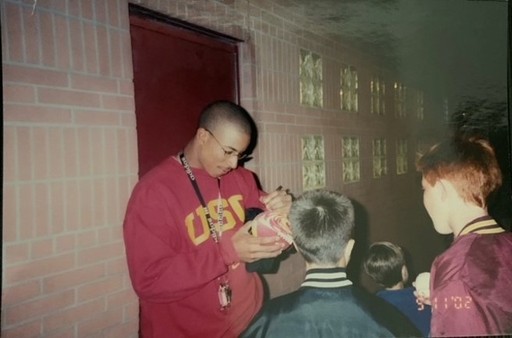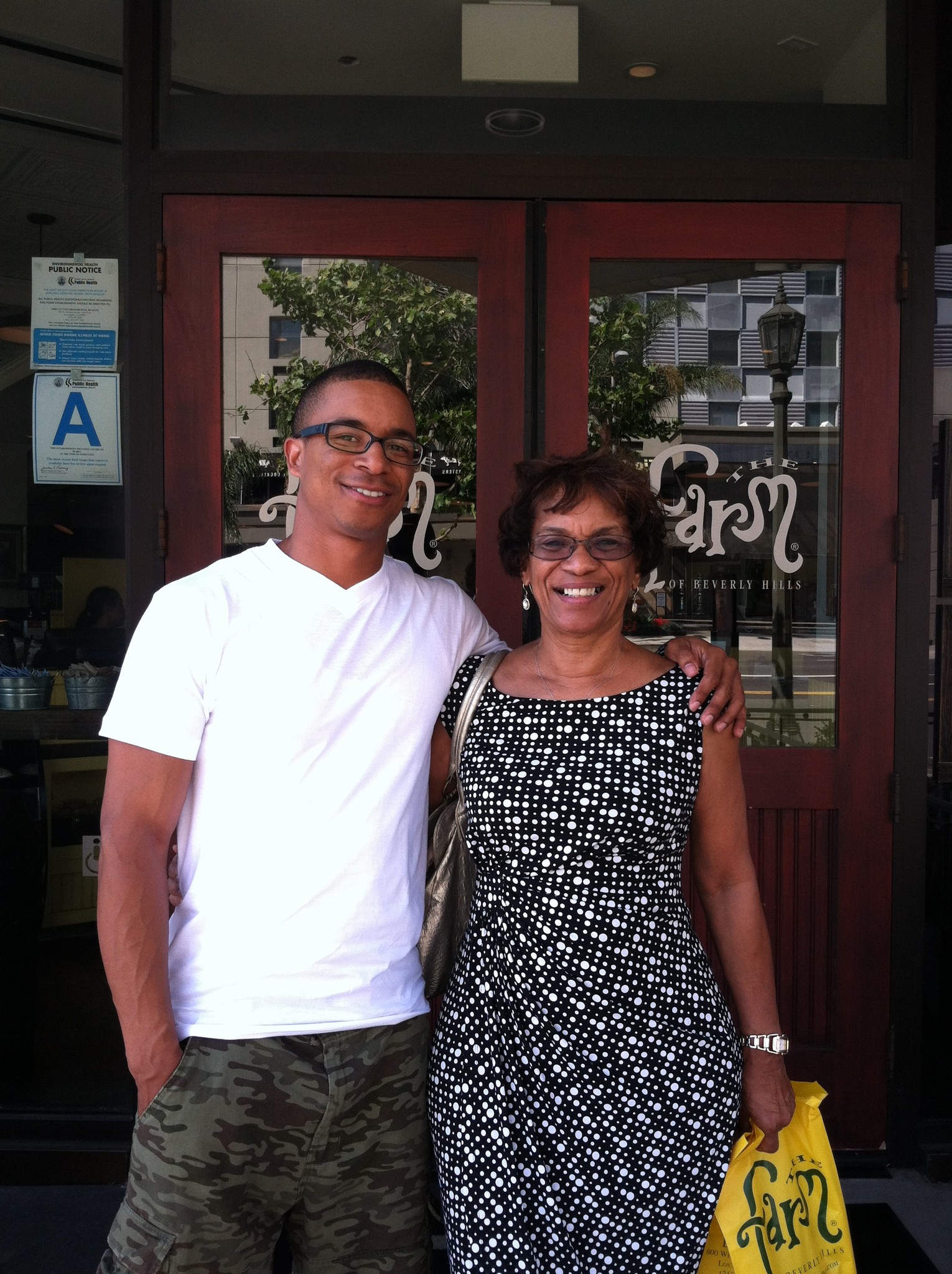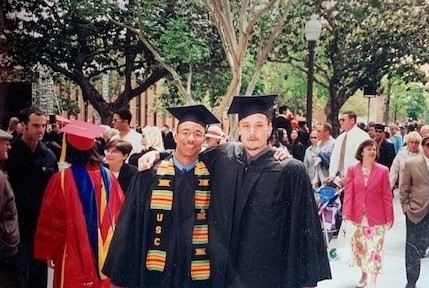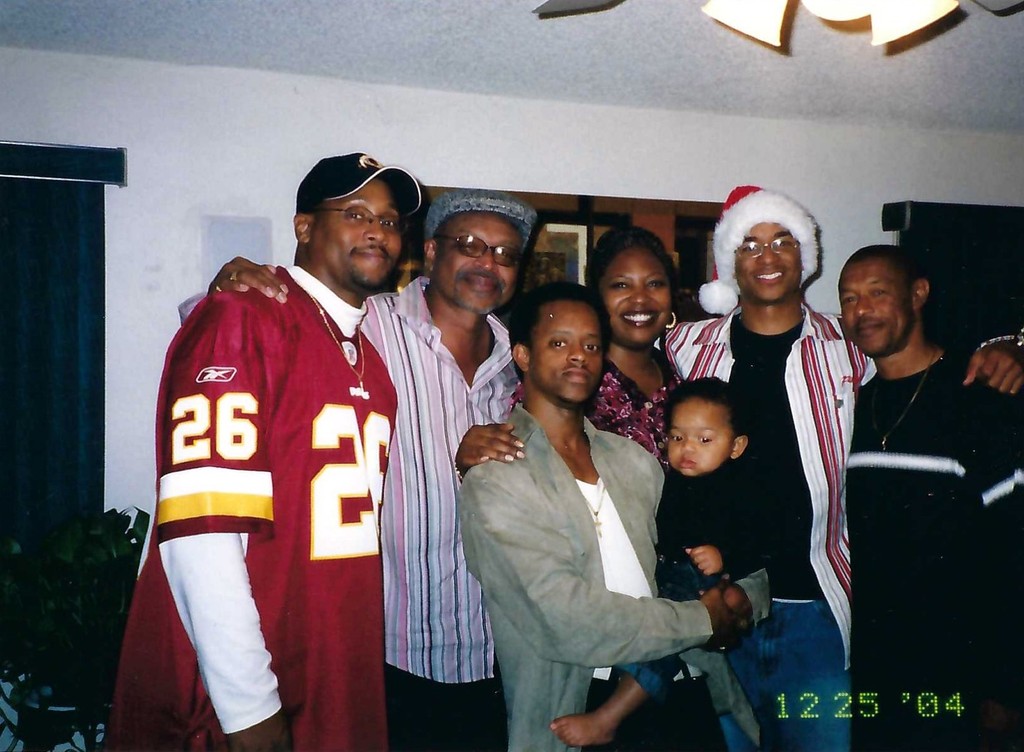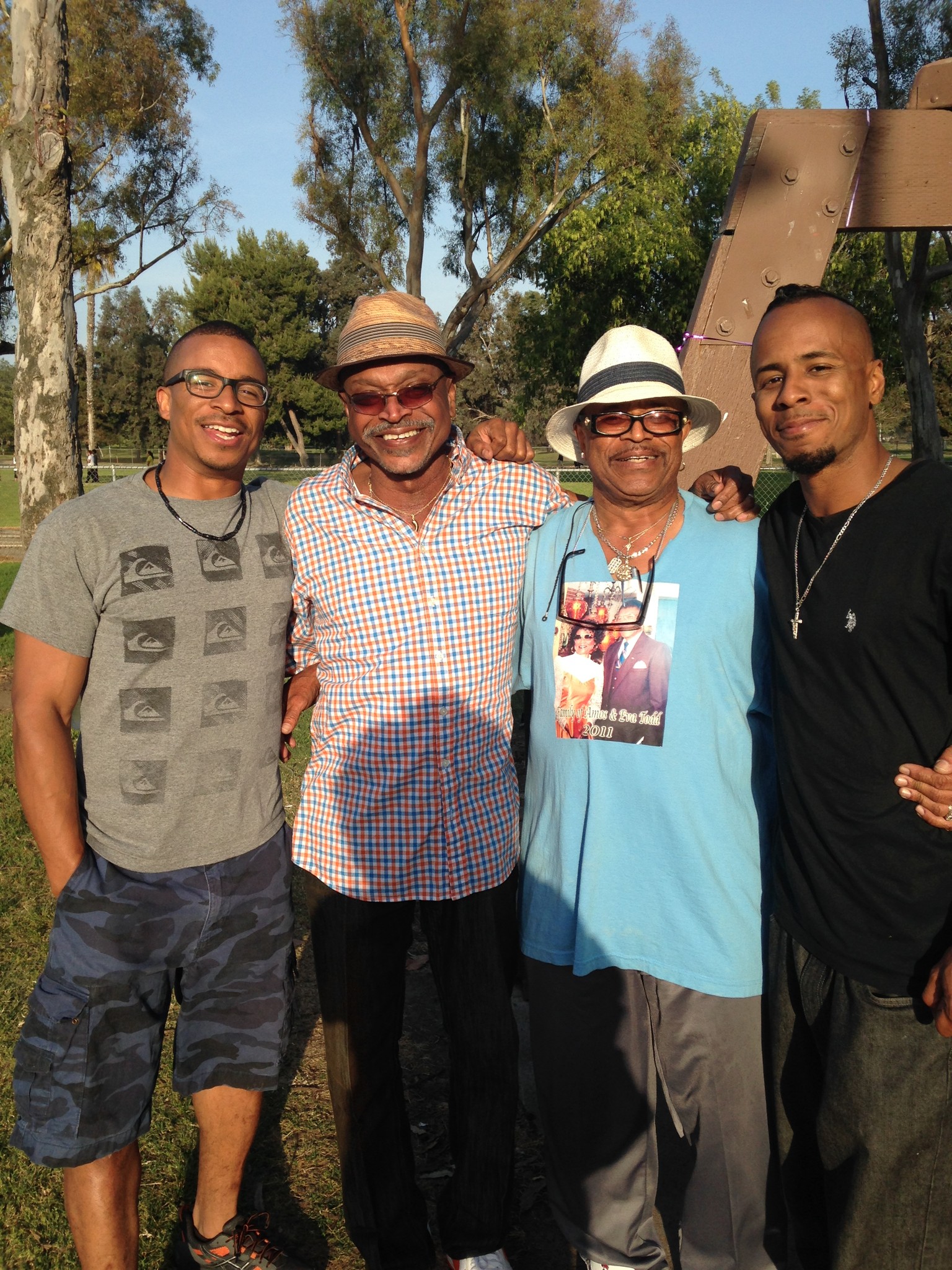
WRITTEN BY MARK TODD
Today, many know Leimert Park and Crenshaw as an urban community largely home to a majority of African-American Angelenos. What many don’t realize is that in our not-so-distant past, the intersection of African-American and Japanese communities came together following the release from imprisonment after World War II. Black and Japanese-Americans coexisted in Crenshaw, and they helped each other join forces to combat racial injustices.
Upon reflection of KCET’s “Lost LA Episode 5” highlighting the legacy of multi solidarity, Ori-gen’s very own Diversity Equity & Inclusion Leader and Director of Strategic Partnerships Mark Todd found his own moment of clarity. “I lived on Crenshaw and Washington after graduating from the University of Southern California and I didn’t have a clue that there was a bridging of communities or solidarity in the fight for equal rights,” said Todd. Many years later, he realized that signs of collaboration had been there all along.
A native of San Diego, California and growing up in a lower-middle class neighborhood that was predominantly Latino, Todd prides himself on his diverse upbringing where the stereotypical “minority” was the majority.
“Your economic situation plays a big role in your perspective on cultural diversity,” said Todd who learned more about diversity while attending the University of Southern California. “If you meet someone who is different from you, you should see it as an opportunity to learn and be exposed to their culture.” His current position at Ori-gen allows him to make a difference where his purpose and passion are combined. He believes that Ori-gen serves as an example that diversity is good for business even within the rigid insurance industry.
Throughout his life and career, Todd learned that it was typical for immigrants to be taught that it was normal to assimilate in America. Many immigrants changed their names, or rejected their cultural norms, to make others believe that they belonged. Todd says that “you shouldn’t deny your culture because others do not understand it.” Today, more and more industries are telling us that “diversity is good for business”. While there is still work to be done, Todd believes that by embracing our differences, we combat the stereotype that “whiteness” is attributed to success. “I love to buck stereotypes,” Todd says, “because if you assimilate, you aren’t broadening or improving the situation. Be unapologetically who you are.”
"You shouldn't deny your culture because others do not understand it."
KCET’s Lost in LA episode highlighting the Japanese and Black community of Crenshaw challenges the negative stories that are often sensationalized and shows the positive effects of coming together and making a difference, regardless of culture. At Ori-gen, we aim to collectively create breakthrough moments of solidarity in our work and throughout the communities that we serve.
